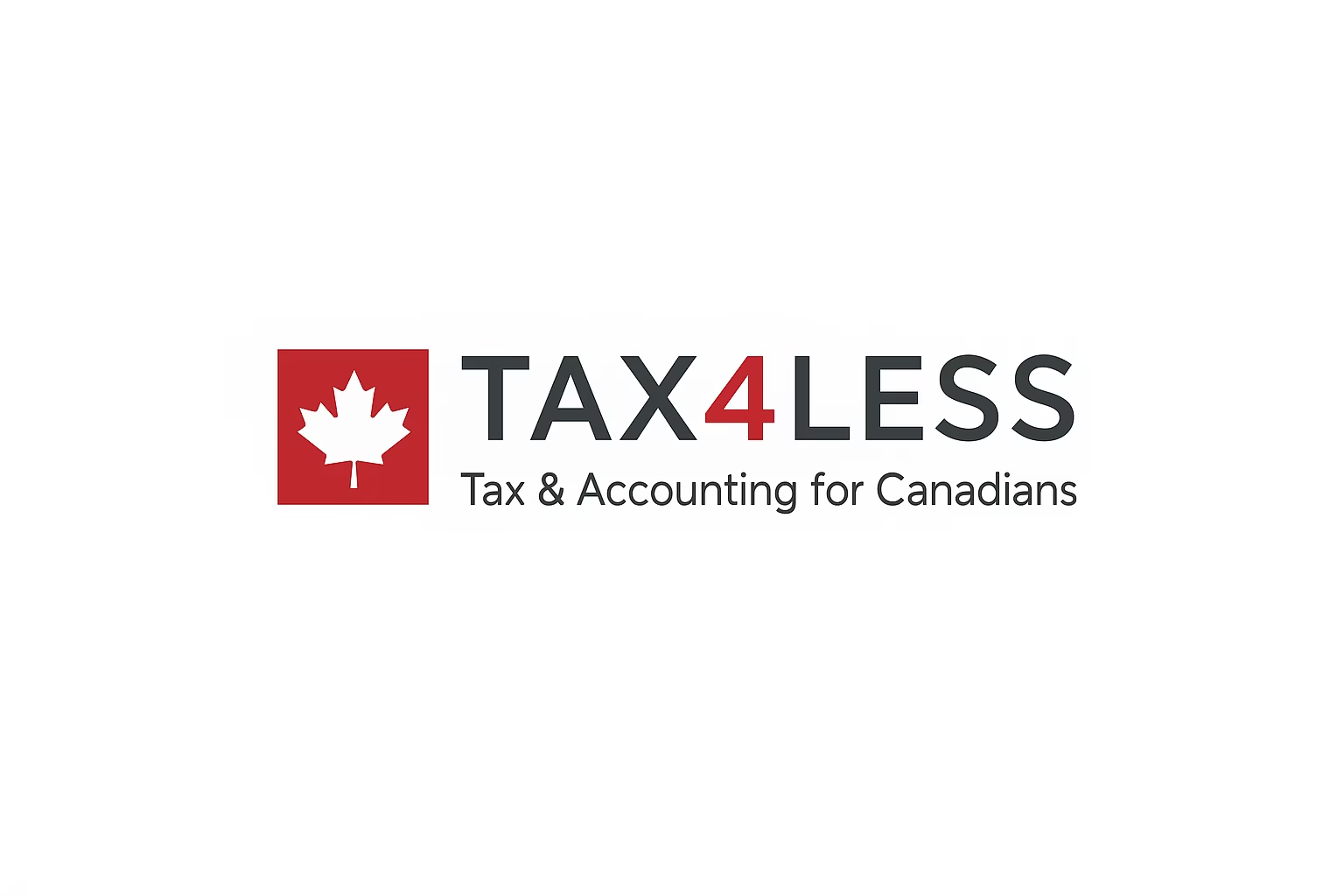How Incorporation Protects Business Owners & Their Personal Assets
Introduction
How incorporation Helps in proteting personal assets:
In today’s dynamic business landscape, personal asset protection is a crucial consideration for entrepreneurs and business owners. Incorporating a business offers a powerful shield that separates personal assets from business liabilities, reducing the risks associated with entrepreneurship. This article delves into the benefits of personal asset protection through incorporation, highlighting key differences between different business structures, such as sole proprietorships and corporations. Additionally, we’ll discuss how regulatory bodies, like the Canada Revenue Agency (CRA), view these structures, touch on tax implications, explore the cost-effectiveness of incorporating, and showcase an example of a service provider offering incorporation support.
Benefits of Personal Asset Protection
One of the primary advantages of incorporating a business is the separation of personal and business assets. In a sole proprietorship or partnership, the business owner’s personal assets are at risk in the event of business debts or legal liabilities. Incorporation establishes a distinct legal entity, the corporation, which assumes these liabilities. As a result, the personal assets of the business owner are generally shielded from claims against the corporation, safeguarding personal wealth.
Understanding the Difference: Sole Proprietorship vs. Corporation
A sole proprietorship involves an individual running a business without a legal distinction between personal and business assets. In contrast, a corporation is a separate legal entity that is owned by shareholders. This distinction is critical because, in the case of a sole proprietorship, the owner is personally liable for business debts and legal actions. Conversely, in a corporation, shareholders’ liability is typically limited to their investment in the company.
CRA’s Perspective and Tax Implications
The CRA treats sole proprietorships and corporations differently in terms of taxation. In a sole proprietorship, the business owner reports business income and expenses on their personal income tax return. This income is then subject to the owner’s personal tax rate. In contrast, corporations have their own tax identity, and the income they generate is subject to corporate tax rates. Business expenses can be deducted from the corporation’s income, potentially leading to lower overall tax liability.
Incorporation Filing Fees and Tax4Less: An Affordable Solution
When considering incorporation, entrepreneurs often worry about the associated costs. However, companies like Tax4Less offer an attractive package that makes incorporation accessible and affordable. For only $375, Tax4Less provides comprehensive incorporation support, including essential documents such as Articles of Incorporation, Certificate of Incorporation, and the Ontario Company Key.
Essential Documents Included in Tax4Less Incorporation Package
-
Articles of Incorporation: This foundational document outlines the corporation’s name, purpose, share structure, and other essential details.
-
Certificate of Incorporation: This certificate confirms the corporation’s legal existence as a separate entity.
-
Ontario Company Key: A unique identifier assigned by the Ontario government, essential for various business transactions.
-
CRA Business Number: A unique identifier assigned by the CRA, necessary for tax-related matters.
-
Corporate Tax ID (RC): This number is crucial for reporting corporate income and paying taxes.
-
Corporation’s Bylaws and Minute Book: These documents outline internal regulations and record key corporate decisions.
-
Service Ontario Initial Return: A mandatory filing that confirms the corporation’s current information.
-
GST/HST Account Set up (RT): Essential for businesses engaged in selling goods or services subject to these taxes.
-
Payroll Account Set up (RP): Necessary for corporations with employees.
-
Import & Export Account (RM): Required for businesses involved in international trade.

 Previous Post
Previous Post Next Post
Next Post